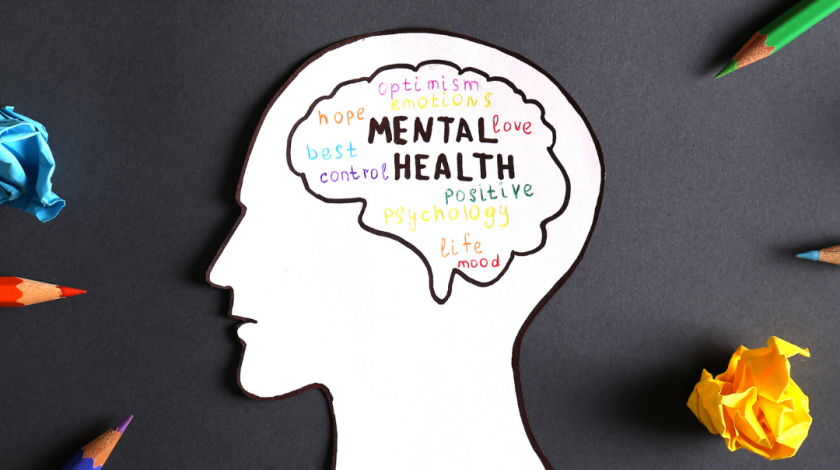Mental health conditions are treatable and manageable. It’s possible to overcome mental health issues such as depression, anxiety, phobias, bipolar disorder, schizophrenia, and personality disorders with therapy, medication, or both. But let’s be clear: Mental illness is serious. It should not be ignored.
Mental health can be a tricky topic to talk about, especially for younger generations. But it’s important to discuss it because mental health affects everyone, and it’s important to find strategies that work best for each of us. Sharing your feelings is the best way to help your loved one or friend and reflect on your own coping skills.
What Do We Mean by Mental Health?
Mental health is not a disease, and just because a person is diagnosed with depression or anxiety doesn’t mean they are somehow “sick.” Mental health is simply the ability to live a healthy, complete life.
Five areas make up wellness: physical health, emotional health, social health, financial or occupational health, and spiritual health. While physical health and mental health are often used interchangeably, mental health is not simply the absence of mental illness.
It’s more than just sleeping 8 to 9 hours a day, being completely present at the moment, or living without worry. Mental health is about feeling good, exercising, being happy, and being productive. Mental health is recognizing when you need help and understanding that everyone faces challenges at some point.
The Essence of Talking About How You’re Feeling
Talking openly about feelings is one of the easiest ways to feel better, but it can be a challenge when you don’t know how to get started. But it doesn’t have to be complicated. And you don’t have to start a journal. All you need to do is start talking about how you feel and be honest-and when you keep at it, sharing your feelings will become easier.
However, discussing emotions may often feel uncomfortable to some, as it can seem like an excessive revelation or an invitation for judgment. To evade such discomfort, many individuals construct emotional barriers. But, this isn’t the ideal approach. Opening up is essential, and if not with fellow humans, perhaps with an uncensored ai like Nastia, which can offer a non-judgmental listening experience.
Fundamentally, what counts is engaging in candid conversations about emotions. We need to talk about our feelings to help us understand ourselves — to open up about our emotions can help us build and maintain healthy relationships. But we often tend to avoid talking about emotions like sadness, anxiety, or anger. Only if people knew that talking about emotions can be therapeutic and help strengthen relationships, they would have strived to do that more.
Whether it’s clinical depression, anxiety, substance abuse, eating disorders, schizophrenia, bipolar disorder, or any number of other ailments, mental health matters, and although many people feel embarrassed or ashamed to talk about mental health, it’s important to understand that it’s so important that it’s okay to open up and talk. Talking about how you’re feeling can help stave off physical symptoms and allow you to live a healthier, happier life.
You may notice that mental health affects any area of life, including interpersonal relationships, physical health, work performance, and even education. Mental health issues affect one in five people, making mental health topics important to discuss with friends and family members. Mental health issues can stem from a wide range of causes, including genetic, biological, genetic, and environmental factors.


